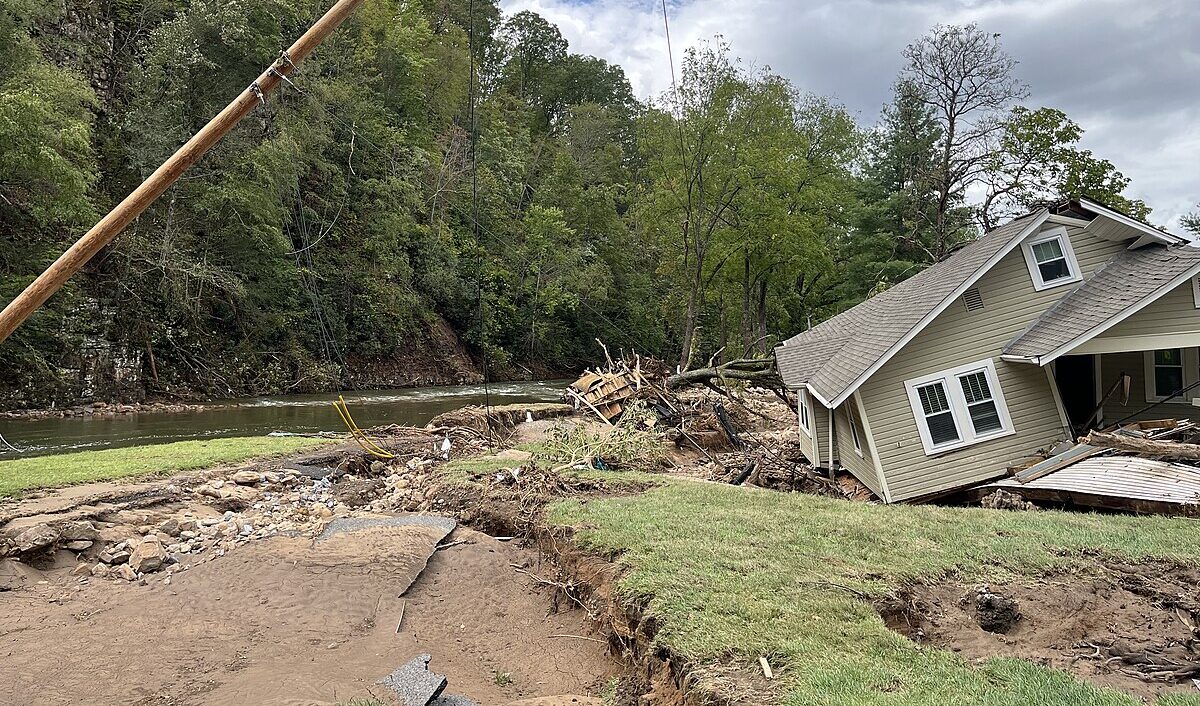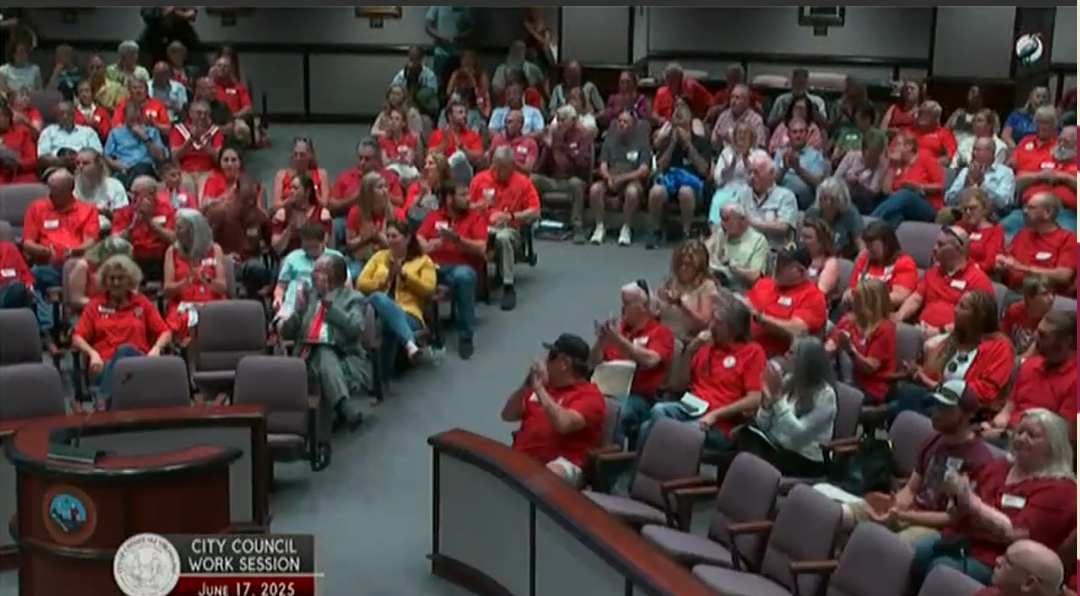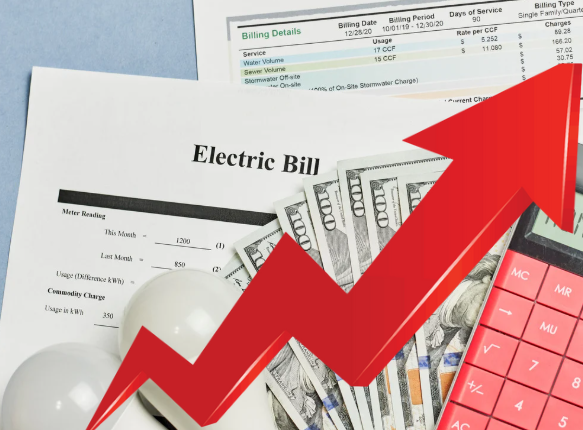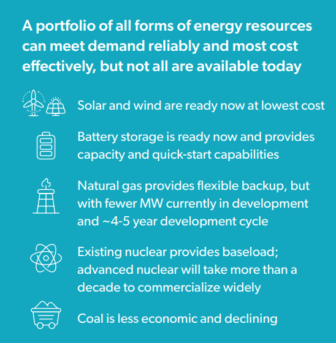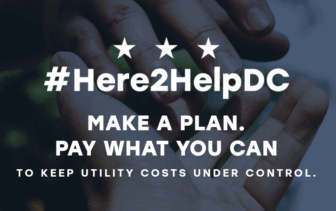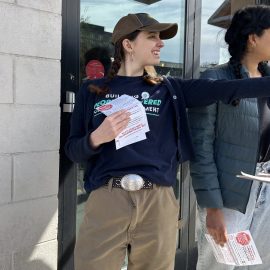Groups Highlight Risks to Virginia and Urge Youngkin to Use His Seat on FEMA Review Council to Defend Federal Disaster Aid
RICHMOND, VA— In a unified call to action, 20 Virginia advocacy organizations, including the Chesapeake Climate Action Network, delivered a letter today urging Governor Glenn Youngkin to defend and strengthen the Federal Emergency Management Agency (FEMA) as the Trump Administration considers dismantling it. The coalition, representing housing, climate, conservation, and mutual aid groups, pressed Youngkin to use his influential seat on the FEMA Review Council to oppose any efforts to dissolve the agency amid escalating climate disasters.
READ THE LETTER IN FULL HERE
The letter reminds Governor Youngkin that the scale and intensity of climate disasters are increasing, with skyrocketing costs accompanying the urgency for resilient systems and infrastructure. Additionally, it reminds him that Virginia has depended on FEMA for support during his term as governor. While Governor Youngkin suggested that Virginia could handle the costs of any extreme disaster without federal support, Virginia’s US Senator Mark Warner has expressed deep concerns that a major disaster matching the scale of 2024’s devastating Hurricane Helene could bankrupt the state if federal support is not available.
The Trump Administration’s proposal to scrap FEMA, including the recent cancellation of the Building Resilient Infrastructure Community program, has sparked alarm among state and local leaders. That program alone brought millions of dollars in investments to Virginia cities that would have directly benefited communities and their property.
The FEMA Review Council is set to release a report of its recommended changes to FEMA this fall, including the possibility of dissolving FEMA entirely. This moment marks a crucial opportunity for Virginians to advocate for guaranteed federal disaster relief in the age of climate change-fueled record-breaking weather events. The National Oceanic and Atmospheric Administration (NOAA) reported that 2023 saw an unprecedented total of 2028 multi-billion-dollar disasters. NOAA’s Chief Scientist at the time remarked that 2023 was likely “the warmest year on record for the planet” and that the high marked the latest in weather extremes that will persist as climate change accelerates.
“Governor Youngkin, now is the time to lead,” said Gabby Walton, Federal Campaigns Associate for the Chesapeake Climate Action Network. “Stand up for every Virginian and publicly commit to strengthening FEMA and federal disaster relief. With Virginians facing record-breaking disasters due to climate change and the real threat of losing vital federal support, we cannot afford political gamesmanship with our safety and future. We urge you to use your seat on the FEMA Review Council to reject any plan to dismantle FEMA and to fight for the resources our communities need to survive and recover.”
# # #
Chesapeake Climate Action Network is the first grassroots organization dedicated exclusively to raising awareness about the impacts and solutions associated with global warming in the Chesapeake Bay region. Founded in 2002, CCAN has been at the center of the fight for clean energy and wise climate policy in Maryland, Virginia, and Washington, DC.

